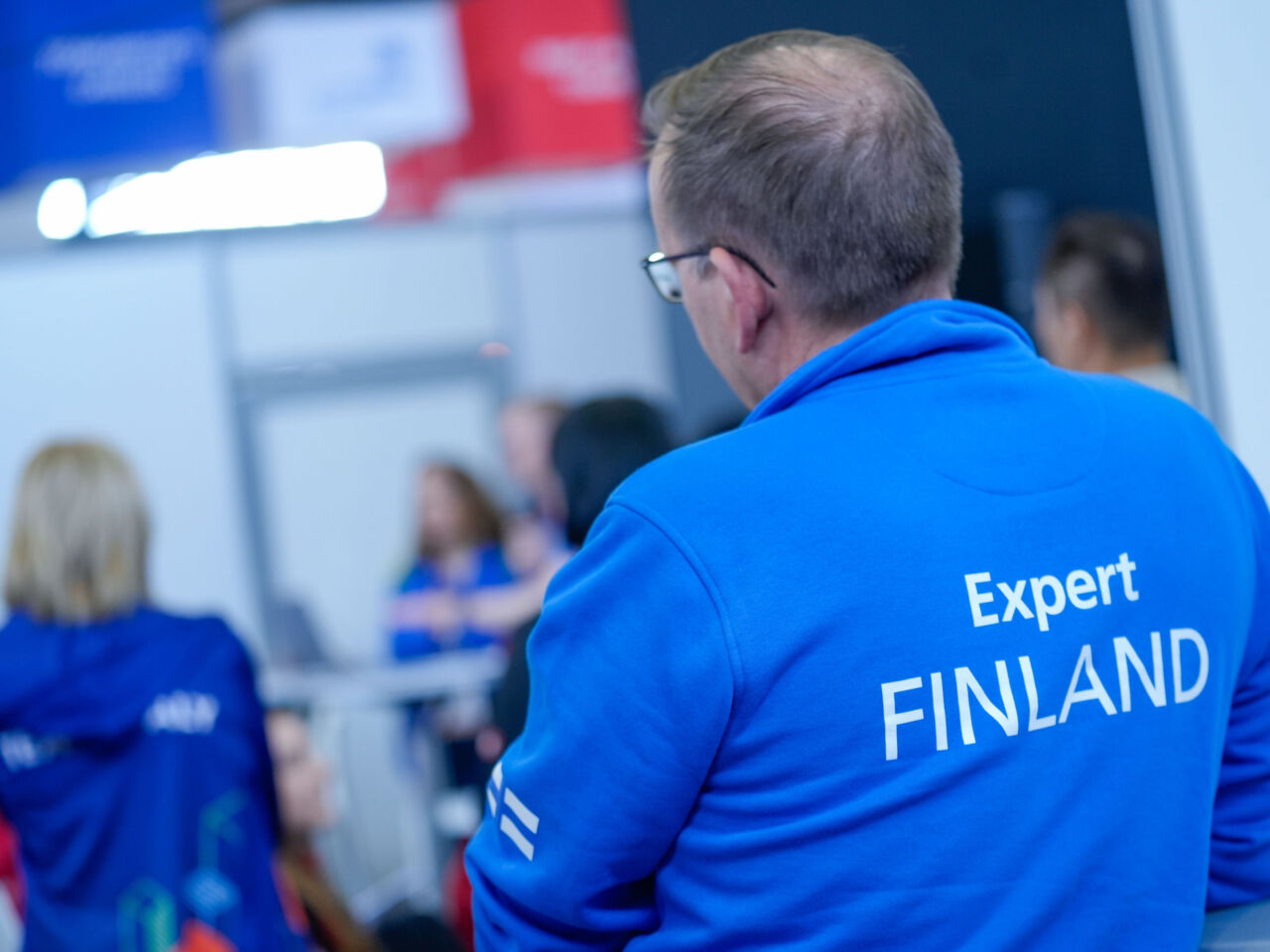25 July 2025
Adopting WorldSkills Occupational Standards from the bottom-up
Long-time supporter of the WorldSkills Occupational Standards, Skills Finland is working closely with Experts to embed them at a grassroots level and align its national skills system more closely with the global labour market.

Skills Finland believes the WorldSkills Occupational Standards are vital to drive long-term improvements in its Technical and Vocational Education and Training (TVET) system. With a strong track record of integrating skills development with VET institutions, Skills Finland is leading the way in showing how global benchmarks can support both student success and systemic evolution.
Teija Ripattila is the High-Performance Training Manager at Skills Finland and a lead member of the WorldSkills working group for the WorldSkills Occupational Standards. She is a firm believer in their value, saying, “I have dedicated my entire career to the development of vocational education and believe that the WorldSkills Occupational Standards contribute to the advancement of both Finland and the world.”
The WorldSkills Occupational Standards define the knowledge, understanding, competencies, and behaviours required for mastery in around 70 intermediate occupations open to young people. Designed and developed by specialists, with WorldSkills Experts, the standards are reviewed and updated every two years in consultation with business and industry.
Teija explains, “These standards are not the same as our national qualification requirements set by the Finnish National Agency for Education. While both are based on learning outcomes, the WorldSkills Occupational Standards focus more strongly on labour market needs and actual work tasks.”
For Skills Finland, this distinction is a huge opportunity.
Every two years, before TVET educators can take part in a WorldSkills Competition as Experts, they must familiarize themselves with the WorldSkills Occupational Standards in their skill area and analyze how it aligns with Finnish qualification requirements and the demands of the domestic labour market. This analysis strengthens both the training of Skills Finland Competitors and the national curriculum.
Teija explains more, saying, “We have made it a key responsibility of Skills Finland Experts to disseminate the knowledge gained through the WorldSkills Occupational Standards and from taking part in the WorldSkills Competitions. Asking them to take this knowledge back to their own institutions and companies in their field is the only way to spread global vocational competence in Finland for the benefit of as many professionals as possible.”
The WorldSkills Occupational Standards are developed in consultation with global industries and businesses, but national input remains crucial. Finnish Experts are required to submit relevant business contacts to WorldSkills to ensure that the Finnish labour market is represented during standards updates. After each Competition, Experts also contribute to refining the skill-specific tasks based on feedback and observations into the Finnish system.
She continues, “This approach has a dual benefit. It ensures that the learning gained doesn’t stay within the Competition bubble but feeds directly into classroom learning for other students. Additionally, through our Experts, we gain the latest knowledge for educational institutions and businesses in Finland, which strengthens the impact of Competition activities and the WorldSkills Occupational Standards themselves.”
David Hoey, CEO of WorldSkills International, says, “Skills Finland’s integration of the WorldSkills Occupational Standards into both competition training and national education development shows how these benchmarks can elevate vocational systems. Their commitment to aligning teaching with real-world industry needs is a model for others and a testament to how international cooperation can drive innovation in skills development.”
For everyone at WorldSkills, the deep and long-term value of the WorldSkills Occupational Standards is how they help young skilled professionals enhance their skills and make them workplace ready. Teija reflects, “The WorldSkills Occupational Standards give young people access to a meaningful occupation, a livelihood and a better future.”
Read more about how Skills Finland is embedding the WorldSkills Occupational Standards. Learn about the WorldSkills Occupational Standards.